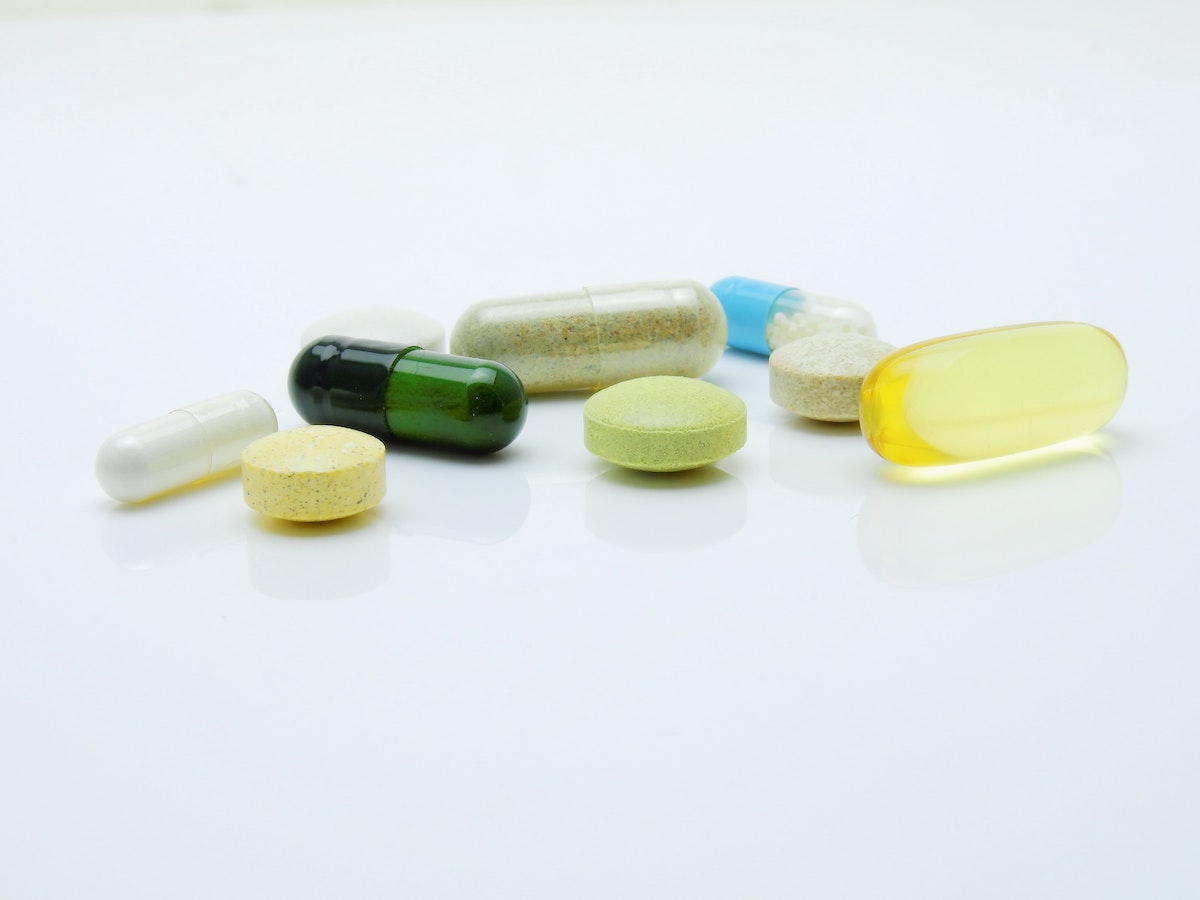Just like most of you we’re a huge fan of Target, Amazon, and other major retailers – especially when they deliver directly to our door! They’re our go-to when it comes to seasonal clothes, home décor items, toys, books, and more. But when it comes to our health? Well, that’s where we draw the line.
No matter how good of a deal we will never buy supplements, vitamins, reishi coffee, or anything else that will go in our mouths from a large retailer. We also steer clear of self-care products that can be counterfeited for online sales, like shampoos and lotions. It just isn’t worth the risk or potential savings.
Why not?
As more people try to proactively manage their health the supplement industry has realized astronomical growth. And as demand increases so do the number of vendors making cheap, or even imitation products. In 2015 the New York State attorney general’s office conducted a study on herbal supplements sold at four stores – GNC, Target, Walgreen’s and Walmart. Their findings were alarming, to say the least.
After examining products taken directly off the shelves of these stores the study found that 80% of the time the capsules did not include the ingredients listed on the label. Instead the bottles contained fillers such as rice, chemical dyes, propylene glycol, dextrose, sodium benzoate, and more.
How could this happen?
First it’s important to consider how e-commerce has influenced the consumer marketplace. In the past imitation products were typically limited to a specific region with only a handful of players involved. Now, in the era of Amazon, Wal-Mart.com, and other large e-tailers the market has become flooded by competitors. If you’ve shopped online you know. And, often times it’s almost impossible for the consumer to distinguish between an authentic product and the corresponding Chinese counterfeit.
“While knock-offs are nothing new, the fact that counterfeiters can easily penetrate the markets of the original brands and directly compete against them is a scenario that has only recently arisen with the proliferation of e-commerce.” ~ Wade Shepard, Forbes
So it’s everywhere! The supplement market is no exception, further exacerbated by the fact that there’s a severe lack of regulation when it comes to over-the-counter products. While the FDA requires that companies ensure products are safe and accurately labeled, there is very little enforcement. Typically, these supplements are only pulled from the shelves if they cause harm such as an allergic reaction, illness, or in some cases, even death.
The result? A market flooded with low quality and many times even counterfeit products. Think about it. When you buy a bottle full of capsules online how are you supposed to know who the real manufacturer is? Or even worse what’s in them? It could be starches, chemicals, sugar, or anything! Not to mention the label. They’re so easily tampered with, modified, or even swapped out completely. With no governing body, we’re forced to trust the manufacturer. How does that make you feel? It makes us pretty uneasy.
So, how can we protect ourselves?
Anytime you purchase an herbal supplement make sure that it is pharmaceutical grade. This means bypassing the deals you see at larger retailers and working with a medical professional, such as Amy Brenner, MD & Associates, to get your products. It may cost a little bit more, but remember that you’re paying for increased regulation and higher quality control. To put it into perspective here’s a quick summary of the differences between pharmaceutical grade and over-the-counter supplements:
Pharmaceutical Grade vs Over-The-Counter
| Pharmaceutical | Over The Counter |
| Pharmaceutical grade vitamins must absorb in your body within 45 minutes | No requirement for bioavailability – it may or may not dissolve in your body. |
| Raw ingredients must be tested before production. | No ingredient testing requirements. |
| Products are required to be 99% pure. This means it won’t be full of binders, fillers, dyes, or other unknown substances. | No purity requirements. Products may contain any substance deemed “safe for human consumption”. |
| Expiration dates guarantee the potency of the supplement through that day. This is determined through thorough testing. | FDA does not require expiration dates for nutritional dietary supplements so no guarantee of potency. |
| Ingredients listed on the bottle must agree with those within the capsule. | Because raw ingredients are not tested labels and contents are often inconsistent. |
| Only available through reputable medical practices. Note: pharmaceutical grade products are not available online or through retailers such as Wal-Mart. If you see products listed as such, buyer beware. | Available for purchase online and at major retail establishments. These retailers don’t have to regulate the source or quality of goods sold. |
We’re all for a good deal, but when it comes to supplements you won’t find us perusing through the bargain bin. The risks are far too high. To us it’s worth the added investment to ensure that what we’re putting in our bodies is both safe and effective. After all the point of a supplement is to improve overall health and well-being?
Next time you’re tempted by those discounted supplements you see on Amazon or at the grocery store our hope is that you’ll think again. You’ll understand the difference. And, you’ll prioritize your health. Because, you deserve it!
For more information on pharmaceutical grade supplements contact us as Amy Brenner, MD & Associates. We have a variety of products on hand at our office to ensure that our patients are getting the best that the market has to offer.
Sources:
- https://well.blogs.nytimes.com/2015/02/03/new-york-attorney-general-targets-supplements-at-major-retailers/?smprod=nytcore-iphone&smid=nytcore-iphone-share&_r=0
- https://www.cbsnews.com/news/herbal-supplements-targeted-by-new-york-attorney-general/
- https://www.forbes.com/sites/wadeshepard/2017/09/27/amazon-com-the-place-where-american-dreams-are-stolen-by-chinese-counterfeiters/#49d543734c72



